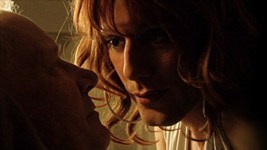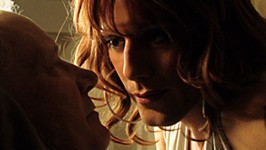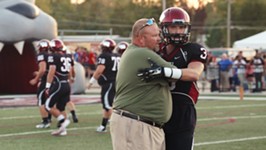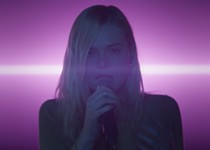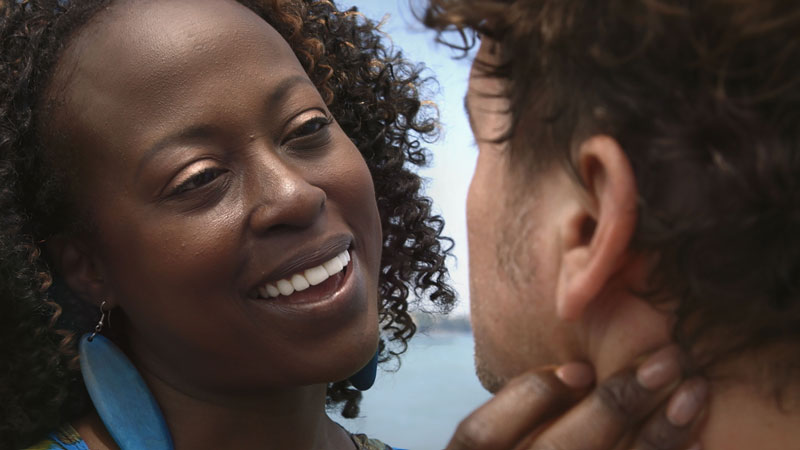
Rogers Park
2018, NR, 87 min. Directed by Kyle Henry. Starring Christine Horn, Jonny Mars, Antoine McKay, Sara Sevigny, Carlos Treviño.
REVIEWED By Danielle White, Fri., March 23, 2018
Zeke (McKay) and Grace (Sevigny) have been married for 10 years; the passion has withered and there are financial woes. Grace’s brother Chris (Mars), a failed writer, suffers from depression, which takes a toll on his relationship with longtime girlfriend Deena (Horn). Grace and Chris also have deep-rooted familial resentments and darkness to work through, following a death in the family.
Named for a neighborhood on the north side of Chicago, the city in which director and former Austinite Kyle Henry now resides, Rogers Park is an intimate portrayal of two couples grappling with the reality that their relationships may not have been built to survive. Much of the film’s action is propelled by this simmering-under-the-surface drama and the arguments it inevitably provokes. Violent outbursts are interspersed with scenes from each character’s day-to-day – Chris schlumped over a cart of books at the library or Grace swiftly resolving a dispute between two of her students – and there is a quiet melancholy in the way humans go through the motions, a loneliness in the way we simply exist.
Chris anchors the film in the sense that he is often the shit-stirrer, the one with chronic problems. He is sometimes framed in a sickly green, a tone that the character himself describes as the color of “midcentury public institutions.” He treats the phrase “I’m trying” as though it’s a cure-all – at once an excuse, a mantra, and a manifesto. While this poignant realism can be credited to Carlos Treviño’s script, there are other moments where dialogue feels culled from an acting workshop. However, the actors are able to buoy these scenes; McKay conveys just a glimmer of love under his worn-out visage. These years have been weary.
Rogers Park covers a lot of ground within a tight runtime, and Henry accomplishes this in part by using economical character development. After an argument with Grace, Zeke busts out a drum practice pad and in just a few seconds we feel this is his outlet for his frustration, but also expresses his crushed dreams of being in a band.
Don’t expect the emotional devastation of a Scenes From a Marriage or a Blue Valentine – the tone is more akin to Hannah and Her Sisters, if you’ll excuse the reference to that director – nor is it as sexually subversive as Henry’s last feature, 2012’s Fourplay. Yet both works are deeply rooted in the sense of human connection, a theme these filmmakers portray with poise.
See "From the ATX to Chi-Town," March 23 2018, for an interview with Kyle Henry.
A note to readers: Bold and uncensored, The Austin Chronicle has been Austin’s independent news source for over 40 years, expressing the community’s political and environmental concerns and supporting its active cultural scene. Now more than ever, we need your support to continue supplying Austin with independent, free press. If real news is important to you, please consider making a donation of $5, $10 or whatever you can afford, to help keep our journalism on stands.
Richard Whittaker, March 23, 2018
Brandon Watson, Feb. 8, 2013
Cindy Widner, July 16, 2010
Andy Campbell, Aug. 16, 2009
Marjorie Baumgarten, Feb. 8, 2013
Kimberley Jones, April 7, 2006
Rogers Park, Kyle Henry, Christine Horn, Jonny Mars, Antoine McKay, Sara Sevigny, Carlos Treviño







